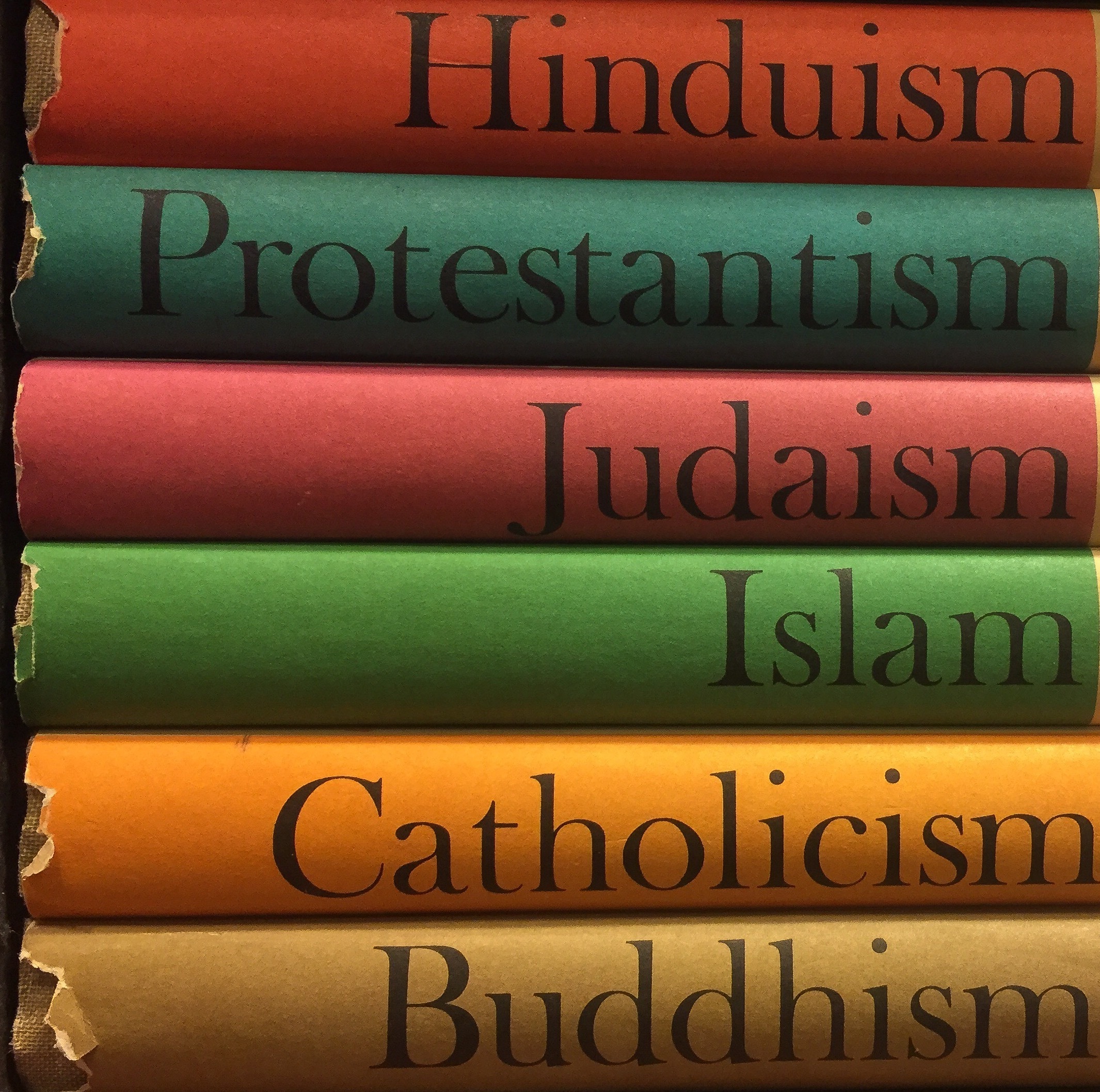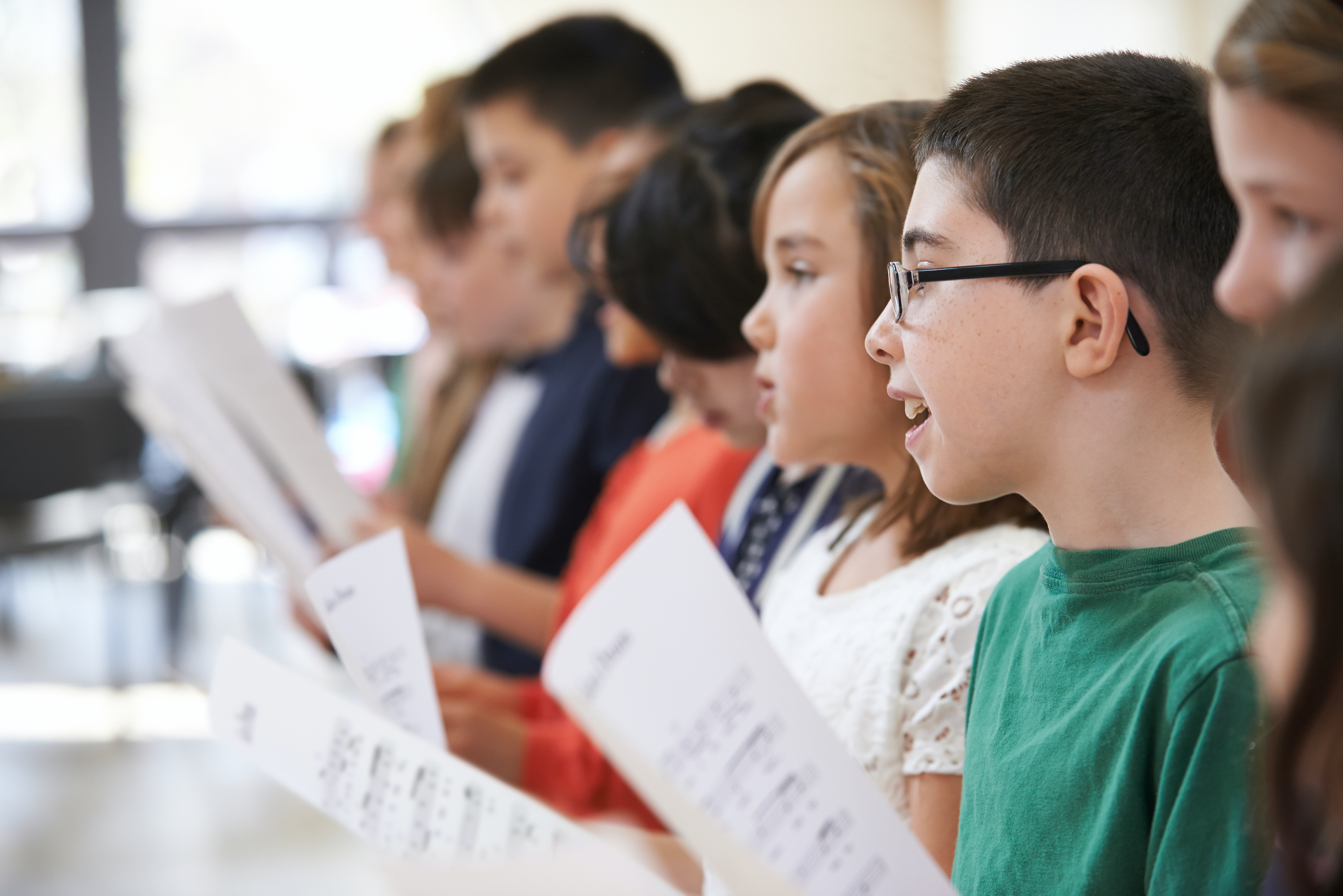Religion plays a very fundamental role in people’s lives today. If you look across the world, 8 in 10 people report a religious affiliation. We think people are religious for several different reasons. It brings them faith, spirituality and a sense of service. It also improves their sense of well-being.
There is a whole host of reasons why people today might be religious. They might be seeking something in this life, or they might be seeking something in an afterlife. There may be spiritual satisfaction of various kinds that people feel are important. These reasons all contribute to their faith, and they contribute to very different types of religions.


